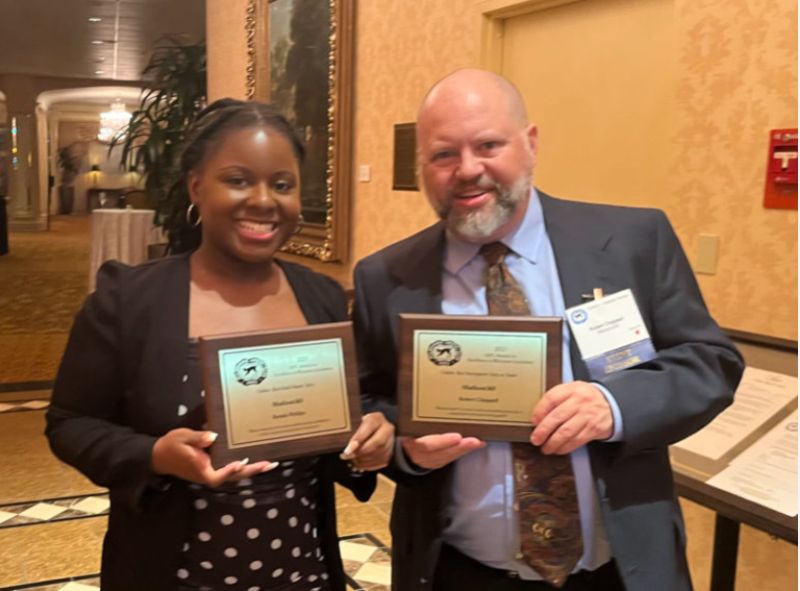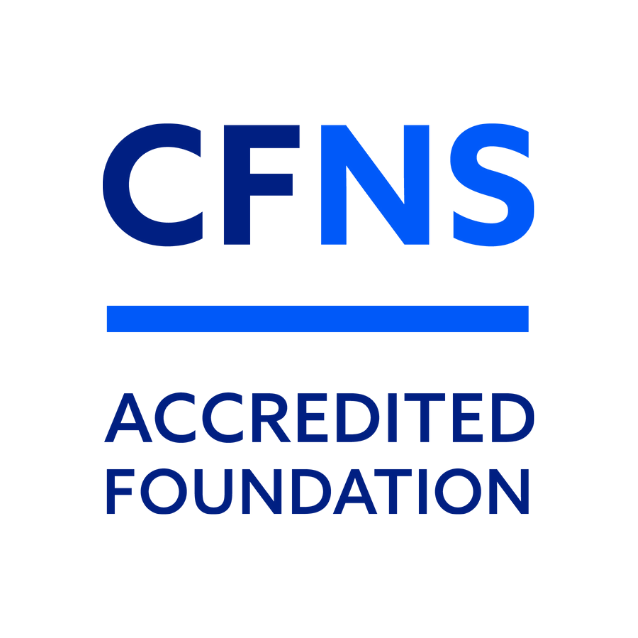As Baby Boomers age, Northeastern Wisconsin families remodel homes
November 1, Appleton Post-Crescent
Multigenerational living is on the rise in the country. According to a 2021 Pew Research Study, the number of people living in homes with at least two other generations in their family quadrupled since 1971. While it has historically been a commonplace for many cultures outside the U.S., more Americans are also choosing to live with their older relatives for several reasons such as finances, caregiving, or a close-knit family.
Green Bay area all-ages Pride event a microcosm of LGBTQ+ families’ fight for support
October 18, Green Bay Press-Gazette
Twirling in a rainbow skirt, Raena Fellers did her best to wait patiently for her hug from JoJo Jubilee. The performer is one of Raena’s many favorite northeastern Wisconsin drag queens. Raena, 7, bounced with excitement as emcee Ivy Viola strolled out in her larger-than-life gown to start the NEW Pride’s Saturday afternoon drag show. She then joined other children approaching the performers, delighted to hand off dollar bills and share big smiles as queens lip-synced and danced to pop songs and showtunes.
Wisconsin LGBTQ+ history shows growing acceptance always sparks attacks, restrictions
October 18, Green Bay Press-Gazette
Wisconsin’s LGBTQ+ residents in recent years have faced a wave of harassment, threats and legislation that aims to erode support and growing acceptance.
In 2023 alone, about 650 anti-LGBTQ+ bills have been introduced across the country; at least 574 are specifically anti-trans. Such bills seek to block transgender people from access to basic healthcare, education, legal recognition or the right to publicly exist.
October 4, Appleton Post-Crescent
Over the past seven months, journalists across six newsrooms in the NEW News Lab consortium have talked with northeast Wisconsin families about hurdles they face. Across 21 stories, families have shared their struggles to secure childcare, feed their children, connect with mental health resources and cope with rising senior care costs.
September 20, Appleton Post-Crescent
Children in Wisconsin state-funded prekindergarten programs — which include those within child care programs, schools and other settings — are five times likelier to be expelled than students in the state’s K-12 schools, a novel 2005 study found.
August 17, Appleton Post-Crescent
Depression and stress in early childhood education teachers have soared since the beginning of the pandemic, as has the leading cause for these expulsions: challenging behaviors in young children. Experts in the field know this as a recipe for disaster.
In Wisconsin, preschool expulsions are more common than you think
August 16, Appleton Post-Crescent
Early childhood expulsions in Wisconsin are skyrocketing. According to a 2021 survey, more than half of Wisconsin early care and education professionals reported an increase in challenging behaviors, such as aggression and acting out.
Many residents are struggling to get their needs met at other senior living facilities, as well, according to state health inspection reports. The staffing shortage has turned into a crisis around the region, leading to dangerous conditions at several nursing homes and assisted living facilities.
Wisconsin foster children often need mental health care to thrive. Why is it hard to help them?
June 21, Green Bay Press-Gazette
Removed from home, deeply traumatized, foster children often need counseling. But even with activist foster parents, it can be hard to get.
Rising cost of living in northeast Wisconsin has many working families treading water
June 7, Wisconsin Watch
Many workers supporting families in northeast Wisconsin are just squeaking by, especially at a time when the cost of living is increasing in Wisconsin and across the nation. The state Department of Workforce Development estimates that two adults working full-time earning $25.20 an hour each is just enough to be self-sufficient in a household with two children when factoring in the cost of housing, transportation, food and child care.
Breaking the cycle: Intergenerational trauma and mental health
June 13, Press-Times
Intergenerational trauma is an emotional response to a deeply disturbing event that is passed down through generations and is often at the heart of family mental health issues. While interpersonal trauma — abuse — can be a visible factor for mental health disorders, non-interpersonal emotional or psychological trauma can appear silent or hidden, delivered through biological, social and psychological factors across generations.
June 2, Appleton Post-Crescent
Brown and Outagamie counties have the second- and third-highest rates of children removed from their parents or guardians in the state, which can partially be explained by the region’s larger population — they are the fourth and sixth-most populous counties, respectively. But one of the most shocking statistics surrounds the disproportionate number of Native American children removed in this fashion.
Breaking the cycle: substance abuseMay 23, Kewaunee Star-News
As generational cycles occur, negative patterns and traits are known to transfer through multiple generations via learned behavior, family dynamics and environment. We continue to explore five northeast Wisconsin intergenerational family issues — physical health, alcoholism and drug use, mental health, education and housing — and what some organizations are doing to address the trends.
Often, people assume that dyslexia is just mixing up letters such as “b” and “d.” It can be that for some people, but that’s not the only symptom.
Breaking the cycle: Addressing generational patterns
May 8, The Press Times
As generational cycles occur, negative patterns and traits are known to transfer through multiple generations via learned behavior and family dynamics. These behaviors are passed down until someone sees a need for change, and more importantly, has access to the tools they need to “break the cycle.”
Mother in need gets help to open much-needed Antigo Child Care CenterMay 3, Green Bay Press-Gazette
Langlade County, where Antigo is located, is a child care desert: an area either without child care or where there’s fewer than one slot per three children. Langlade currently has one child care slot for every 4.3 children, the highest ratio in the 10-county North Central Wisconsin region.
Wisconsin child care crisis could find solution in collaboration
May 3, Appleton Post-Crescent
Wisconsin’s child care crisis affects you, even if you don’t know it. Perhaps the only expense greater than the cost to sustainably fund our child care system, however, would be the price we’d pay if we don’t. The Council for a Strong America estimates the child care crisis already costs Wisconsin families, businesses and governments a combined $1.9 billion every year.





